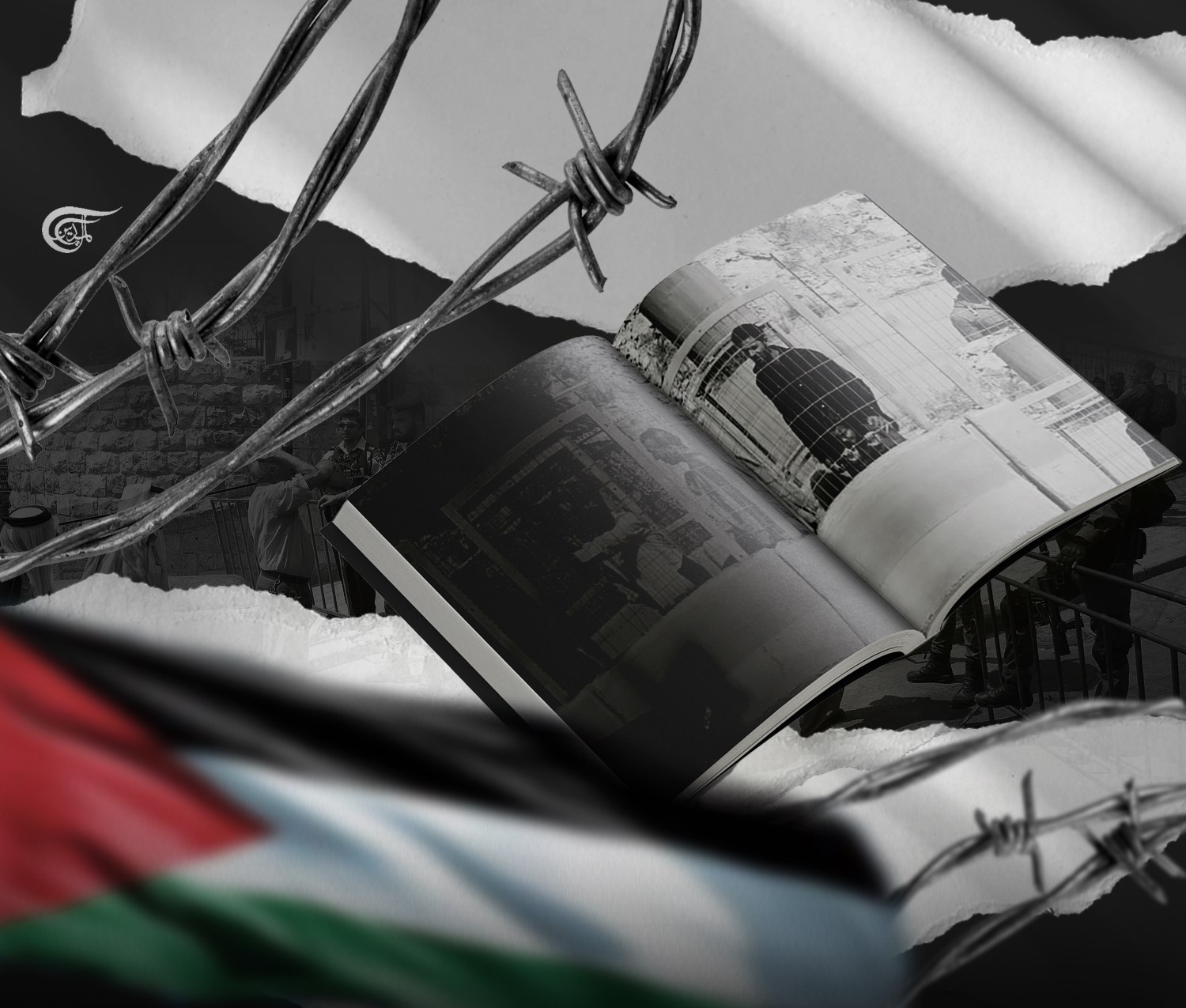A reflection on the oppression of the Palestinian people
The brutality of the mistreatment of the occupants of the vehicles, without distinction between women, children, or men cried out to the heavens, which is why he appropriately titled that chapter of his work "The place on earth closest to hell."
Last week, I had the privilege of attending the presentation of a book, Palestine. Chronicle of a Siege, by Daniel Jadue, Mayor of the Commune of Recoleta, a neighborhood of Santiago, Chile. The event took place at the Embassy of Palestine in Buenos Aires, in front of a large audience. I was called to make a brief commentary on Jadue’s book which made me very happy because of my respect and admiration for him. Daniel Jadue, born in 1967, is one of the most important figures in Chilean politics and probably the best city mayor of that country. A son of Palestinian immigrants, he studied and graduated as a sociologist and architect, specializing in social housing. He also holds a Master's degree in Urban Planning and is an active member of the Communist Party. His brilliant management at the head of the Commune of Recoleta and his active participation in different associations of the Palestinian community in Chile made him a presidential pre-candidate in the primary elections of the Frente Amplio in 2021 when he was defeated by Gabriel Boric, current president of Chile.
When I took the stand, I said that we were in the presence of an exceptional work, both for its content and the remarkable quality of its narrative. Jadue went to visit the land of his ancestors in 2009 and in his lengthy book, he recounts all the vicissitudes he had first to face to enter Palestine from Amman, the capital of the Hashemite Kingdom of Jordan, as well as the commercial, industrial, and administrative center of the Kingdom. The Israeli occupation made him go through all sorts of checkpoints invariably manned by overbearing military personnel armed with machine guns and assault rifles, only to inspect a passport or check a suitcase. It took him more than eight hours to finally enter Palestine.
In the book, he recounts his emotional encounters with family and friends in Beit Lahm, Ramle, Beit Jala, Al-Jalil, and Al-Quds and the suffocating presence of Israeli police, spies, and military. He eloquently recounts the harrowing scenes of the destruction of Palestinians' homes, orchards, and farms. He tells how the Wall meandered through the houses and streets of Beit Lahm and how thousands of anonymous visitors approached it in defiance of the Israeli soldiers stationed in the watchtowers and always ready to shoot. They came to paint graffiti and drawings on the Wall against the Wall, against the Israeli policy of extermination against the Palestinians and, of course, against the military occupation amid calls for international solidarity.
Jadue also tells that from the beginning of its construction, the dead were counted by the hundreds eliminated under very suspicious conditions, with judicial investigations that never reached any conclusion and that, in his words, "ended up justifying the unjustifiable." One of the most chilling passages in the book is when it describes an incident at the Qalandia checkpoint. There, Israeli troops stopped all the cars trying to cross, made all their passengers get out, and checked one by one every vehicle and every person who wanted to cross to the other side, to "Israel". The brutality of the mistreatment of the occupants of the vehicles, without distinction between women, children, or men cried out to the heavens, which is why he appropriately titled that chapter of his work "The place on earth closest to hell." In one of the cars was a married couple with a young daughter. Jadue observes how the soldiers forced the mother and the girl to get out of the car and to lean on the car with their hands and legs half-open in order to search them completely. The girl began to cry, and when the mother wanted to approach to console her, she received a fierce scream from the soldier who pointed a machine gun at her, demanding that she move away from her. Soon after, these incidents would become generalized thus triggering an angry protest from the long line of passengers in the cars, which produced an immediate response from the Israeli occupation forces who began firing their machine guns into the air, causing the immediate and terrified silence of those present.
But, it didn't take long before the Palestinians' shouting silenced the sound of the soldiers' gunfire. Stones and Molotov cocktails began to rain down from the camp toward the checkpoint, and insults against the Israeli troops could be heard from the windows of the houses as the young men defended themselves with sticks and stones against the heavily armed Israeli soldiers. An hour later, our author found that calm had returned to the place. But everyone knew that that night the occupation forces would return, when everyone was asleep, to raid the homes of the Palestinians with brute force, seeking to apprehend the leaders of the Resistance, regardless of whether they had participated in the incident that had occurred a few hours earlier.
The vibrant and heartfelt narration of Jadue’s visit to the occupied territories; his passion for examining from the indignation and anger aroused by the long "Wall of Shame", the Separation Wall that divides "Israel" from the West Bank - an unmistakable symbol of the cruel and odious apartheid established by "Tel Aviv" - to the most seemingly trivial details of daily life but which in their totality and intolerable repetition reflect the wickedness of Palestine’s oppressors; and finally, his personal reactions to the sufferings of the Palestinian people and the slow genocide to which they are daily subjected turned Jadue’s stark and sharp sociological chronicle into a thriller that grips the reader from beginning to end, making it almost impossible to put his book down.
His detailed description of the sickening mixture of brutality and racist contempt that characterizes "Israel's" occupation of a land that is not its own, that was stolen with the complicity of the cynical and self-appointed custodians of international law and legality - the United States and its European lackeys - ends with a surprising, but illuminating statement: it is a half-truth to say that this land belongs to the Palestinians because, in reality, it is something much more transcendent and essential: it is the Palestinians who belong to this land; it is their men and women who belong to this land, which is not at all the case with the Jewish settlers who invaded it backed by the force of arms. One of the many lessons that can be drawn from Jadue's book is that the millenary blood bond between the Palestinian people and their land is something that the Israeli authorities will never be able to cut or untie. And therein lies the hope that one day, surely not too far away, the "Nakba" (the catastrophe) suffered by the Palestinians will be merely a painful memory of the past.

 Atilio A. Boron
Atilio A. Boron
 7 Min Read
7 Min Read












